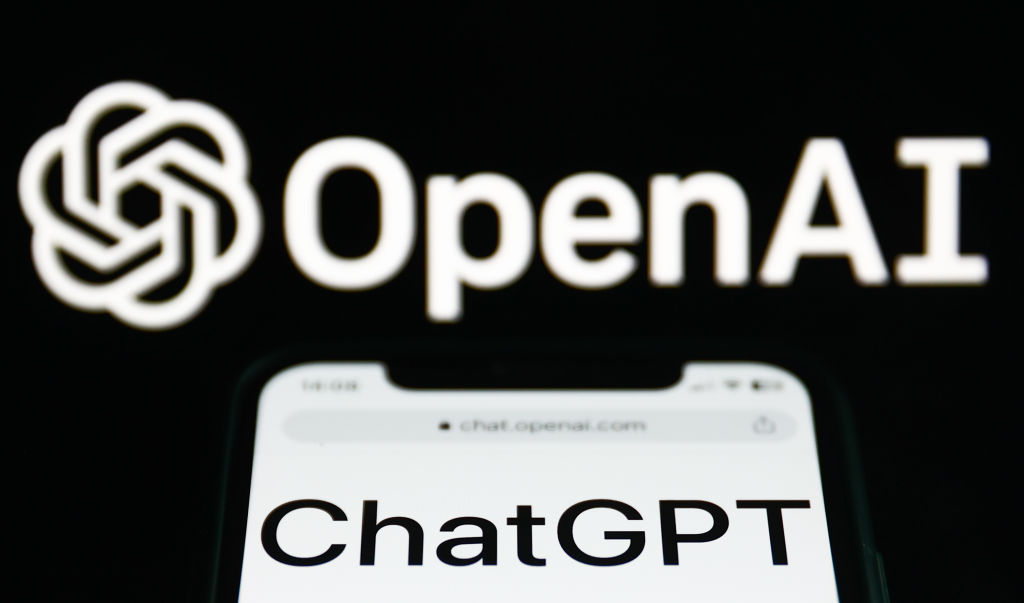
Source: NurPhoto / Getty / ChatGPT
Technology, explicitly using artificial intelligence in the classroom, is not a novel idea. It’s welcomed in most cases, but this one form of A.I. called ChatGPT has teachers across the country worrying.
Right off the bat, we know you are asking what ChatGPT is; well, it’s an OpenAI-developed chatbot that is fully capable of writing complete essays plus can, solve math and science problems, oh and can also create working computer code.
That all sounds great, and it is, but the chatbot is already causing educators to panic following its November release. As expected, cheating has become an issue with ChatGPT use among students.
Students are using the A.I. generated essays and passing it off as their work forcing teachers and school administrators to try and weed out the ChatGPT abusers. There are also fears it can also affect their lesson plans.
Cheating is not the only issue. Educators are also worried that ChatGPT will eventually make them no longer needed. Per a New York Times article, one teacher used ChatGPT to evaluate his student’s work, and he found it to be more thorough than he could.
Per The New York Times:
Can ChatGPT Be Beneficial To Education?
Outside of trying to catch students using ChatGPT to cheat, some schools in New York City and Seattle are just blocking it on school computers, networks, and devices.
In the same article, the author argues that blocking ChatGPT is futile mainly because students now have smartphones while arguing how ChatGPT could become a valuable tool for educators if appropriately embraced.
Cherie Shields, a high school English teacher in Oregon, instructed her students to use ChatGPT to create outlines for the essays comparing and contrasting two 19th-century short stories touching on gender and mental health.
What she learned from using ChatGPT in her lesson plan “deepened students’ understanding of the stories. It had also taught them about interacting with A.I. models, and how to coax a helpful response out of one,” the NYT’s article states.
So, while ti is problematic, don’t bet on it going away. It could prove to be very useful.
—
Photo: NurPhoto / Getty

